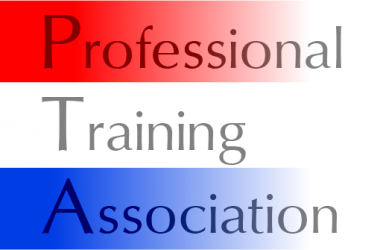Sampling Plans & Sample Collection (2 day class)
Data produced by any laboratory or field testing is only defensible if proper sample collection, preservation, and storage procedures are applied. The first link in the long chain of a sample’s life is the sample collection site. The determination of where and when to collect a sample is as important as the type of sample, proper sample preservation and storage, or the analysis itself.
In addition, incorrect or inconsistent sample collection locations can lead to misleading conclusions and invalid regulatory samples or investigatory studies. This is why developing a sample collection plan is essential for any compliance related monitoring, exploratory study, or investigation.
This workshop will explain what to consider when developing a sampling plan, the need to follow these plans once they have been established, as well as when and how to update them. We will also discuss various regulatory requirements for sampling plans.
Once the appropriate site and time for the sample collection has been determined, it is essential to consistently follow the correct sample collection, preservation, and storage procedures to assure the laboratory receives a sample that has been properly prepared for the requested analysis.
In our “Sampling Plans & Sample Collection” workshop you will:
- Learn how to develop a sampling plan
- Identify which samples are required to have a sampling plan to be compliant with regulations
- Discuss why it is important to follow the sampling plan
- Learn when and how to update a sampling plan
- Explore the characteristics and requirements of a variety of sample types (solid vs aqueous, grab, composite, split)
- Become familiar with commonly used sample collection equipment
- Identify recommended maintenance of sample collection equipment
- Study correct sample collection, preservation, storage procedures for the following parameters:
- Total and Fecal Coliform
- Chlorine
- pH
- Turbidity
- BOD
- Solids (TSS, VSS, TS, VS, TDS)
- Nitrate
- Nutrients
- Metals
- Organics
Throughout this workshop we will discuss real life scenarios to demonstrate how to utilize this information in your daily activities. To help you better understand and become comfortable with how to apply the material covered in this class, we will work through a variety of exercises reflecting problems and situations you may encounter while working in a municipal, governmental, private, or non-profit environment.
